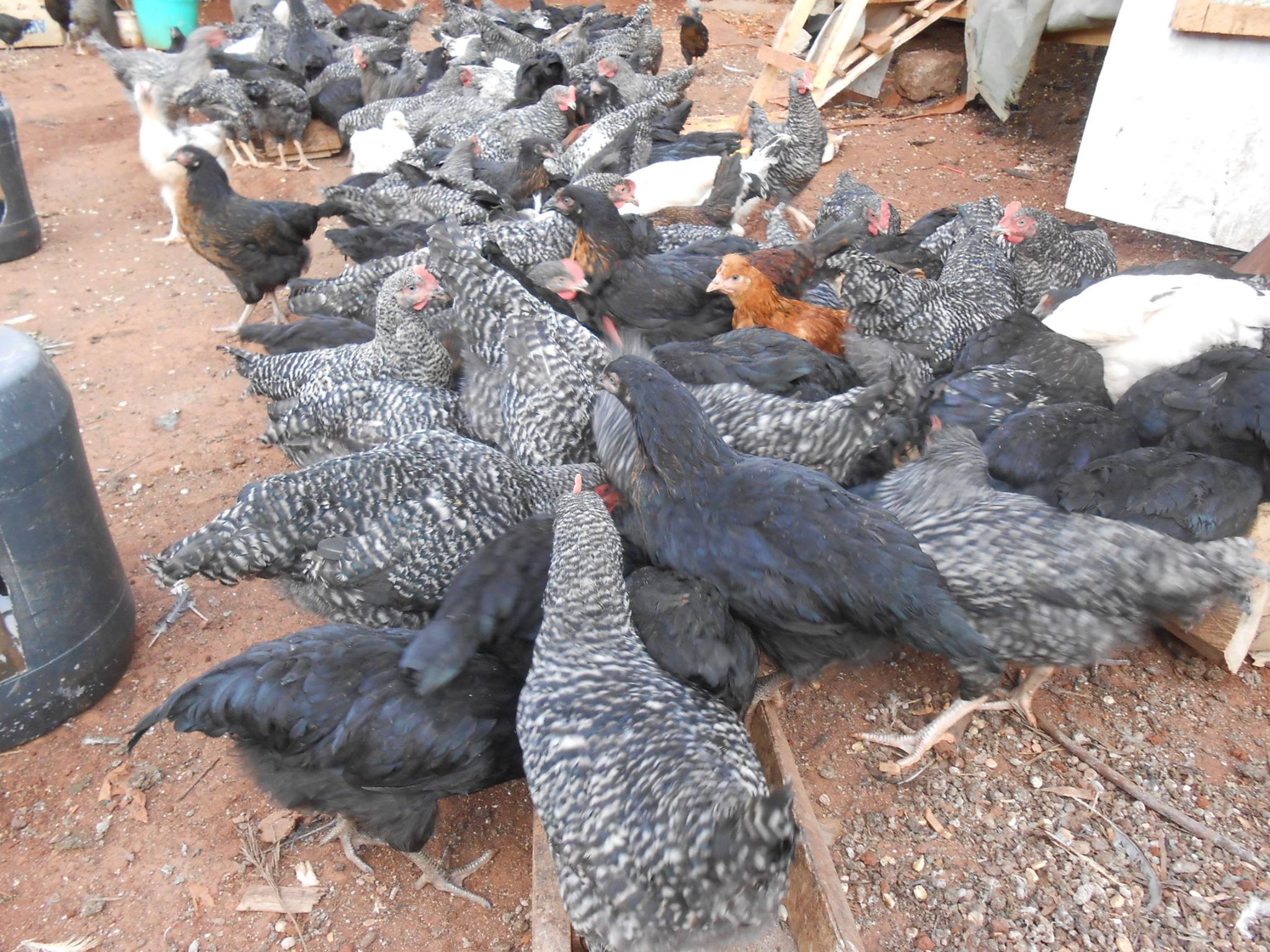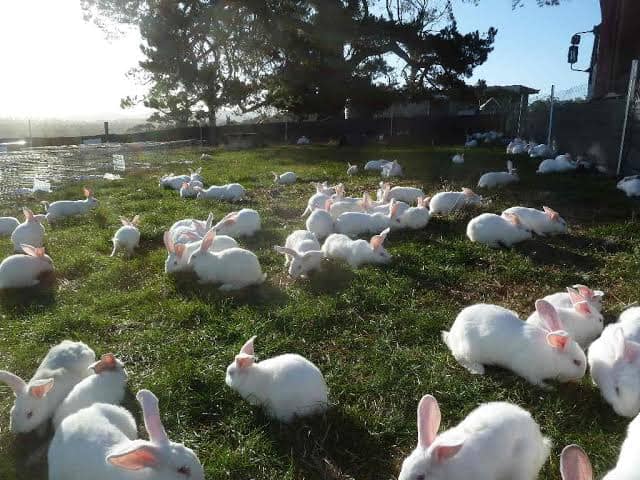HOW TO START A SUCCESSFUL KIENYEJI CHICKEN FARMING
Starting a successful Kienyeji chicken farming business requires careful planning, resource acquisition, and implementation of effective management practices. This
guide provides detailed steps to help you establish a thriving Kienyeji chicken farm.
Research and planning
The first step in starting a successful Kienyeji chicken farm is conducting thorough research and planning. Begin by understanding the market demand for Kienyeji chickens in your area. This involves identifying potential buyers such as local markets, hotels, restaurants, and individual consumers. Market research will provide insights into pricing, competition, and customer preferences, enabling you to make informed decisions.
Next, create a detailed business plan. This plan should outline your goals, target market, budget, and marketing strategies. Include financial projections and a break-
even analysis to understand when you can expect to start making a profit. A well-thought-out business plan serves as a roadmap for your venture and is essential if you seek financing from investors or financial institutions.
Set up and infrastructure
Choosing the right location for your farm is crucial. Select a site that is away from residential areas to avoid noise complaints and ensure biosecurity. The location
should have access to clean water and be spacious enough to accommodate future expansion. Constructing suitable housing for your chickens is the next step. Poultry houses should be well-ventilated, spacious, and easy to clean. Each bird requires at least 2- 3 square feet of space. Proper lighting is essential for laying hens, as it affects their egg production. Depending on your budget and climate, you can choose between deep litter systems or raised coops. Ensure the poultry house is secure to protect chickens from predators.
Getting chickens
Selecting the right breed of Kienyeji chickens is vital for your farm’s success. Kienyeji chickens are known for their hardiness and adaptability to local conditions. Popular breeds include Improved Kienyeji, Kuroiler, Rainbow and Rooster. Purchase your chicks from reputable hatcheries or breeders to ensure they are healthy and disease-free. When sourcing chicks, consider their age and vaccination status. Day-old chicks are often preferred, but you may also opt for slightly older birds. Ensure they have received initial vaccinations to protect them from common poultry diseases.
Feeding and nutrition
Providing a balanced diet is crucial for the health and productivity of your chickens. A typical Kienyeji chicken diet includes grains like maize, greens, and protein sources such as fish meal. You can also supplement their diet with kitchen scraps and locally available feeds to reduce costs. Providing a balanced diet is crucial for the health and productivity of your chickens. A typical Kienyeji chicken diet includes grains like maize, greens, and protein sources such as fish meal. You can also supplement their diet with kitchen scraps and locally available feeds to reduce costs.
Maintaining health
Maintaining the health of your flock is paramount. Implement a vaccination program to prevent diseases such as Newcastle disease, Marek’s disease, and Fowl Pox. Regularly monitor the health of your chickens, looking out for signs of illness such as lethargy, abnormal droppings, and loss of appetite.
Biosecurity
Biosecurity measures are essential to prevent the introduction and spread of diseases. Keep the farm clean, restrict access to visitors, and disinfect equipment regularly. Establish a quarantine area for new or sick birds to prevent potential outbreaks.
Management practices
Effective management practices are key to a successful Kienyeji chicken farm. Keep detailed records of feed consumption, growth rates, vaccinations, and production metrics such as egg and meat yield. These records will help you track performance and make informed management decisions. Plan your breeding cycles to ensure a steady supply of chicks. Keep a few roosters with your hens for natural breeding. Regularly cull unproductive or sick birds to maintain a healthy and productive flock. Culling ensures that only the best birds are kept for breeding and production, contributing to the overall efficiency of your farm.
Marketing and sales
Develop a strong brand for your farm to differentiate your products from competitors. Highlight the natural and organic aspects of Kienyeji chicken to appeal to health-conscious consumers. Effective branding can enhance customer loyalty and command premium prices. Explore various sales channels to reach your target market. Direct sales to consumers through farmers; markets, farm gate sales, or delivery services can be effective. Establish partnerships with local restaurants, hotels, and grocery stores to secure regular supply contracts. Utilize social media and online platforms to market your products and reach a wider audience.





